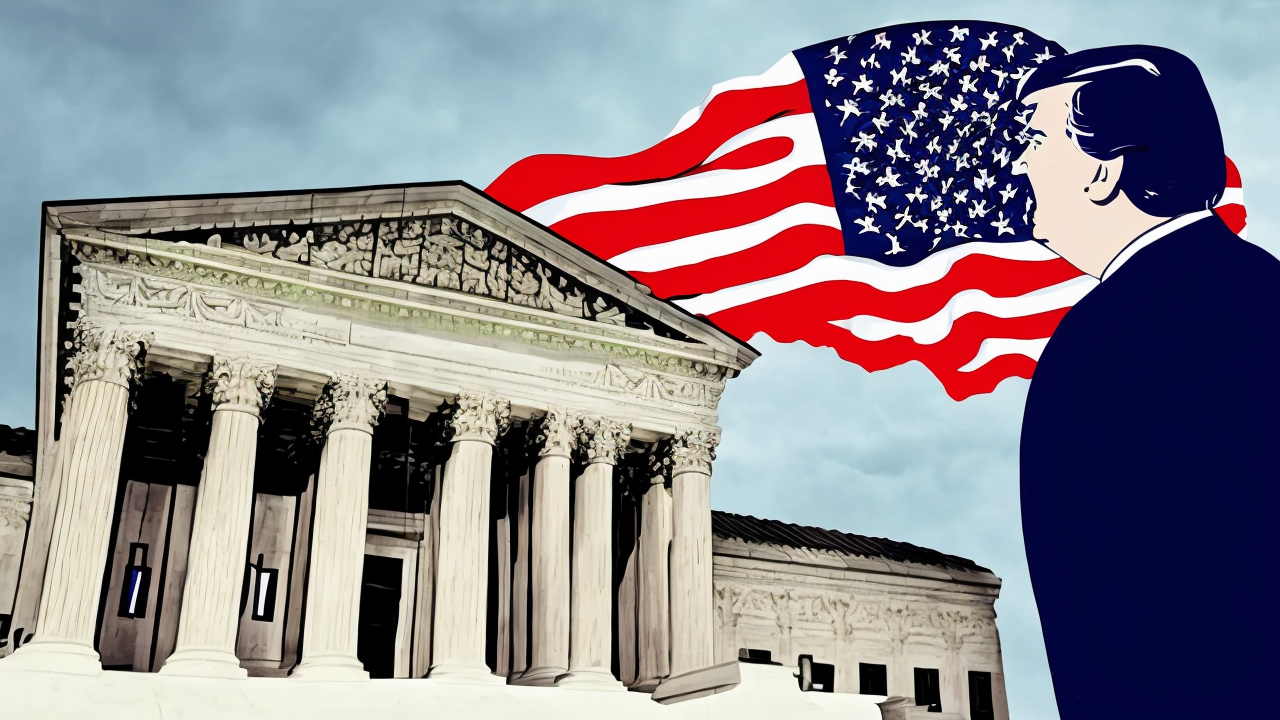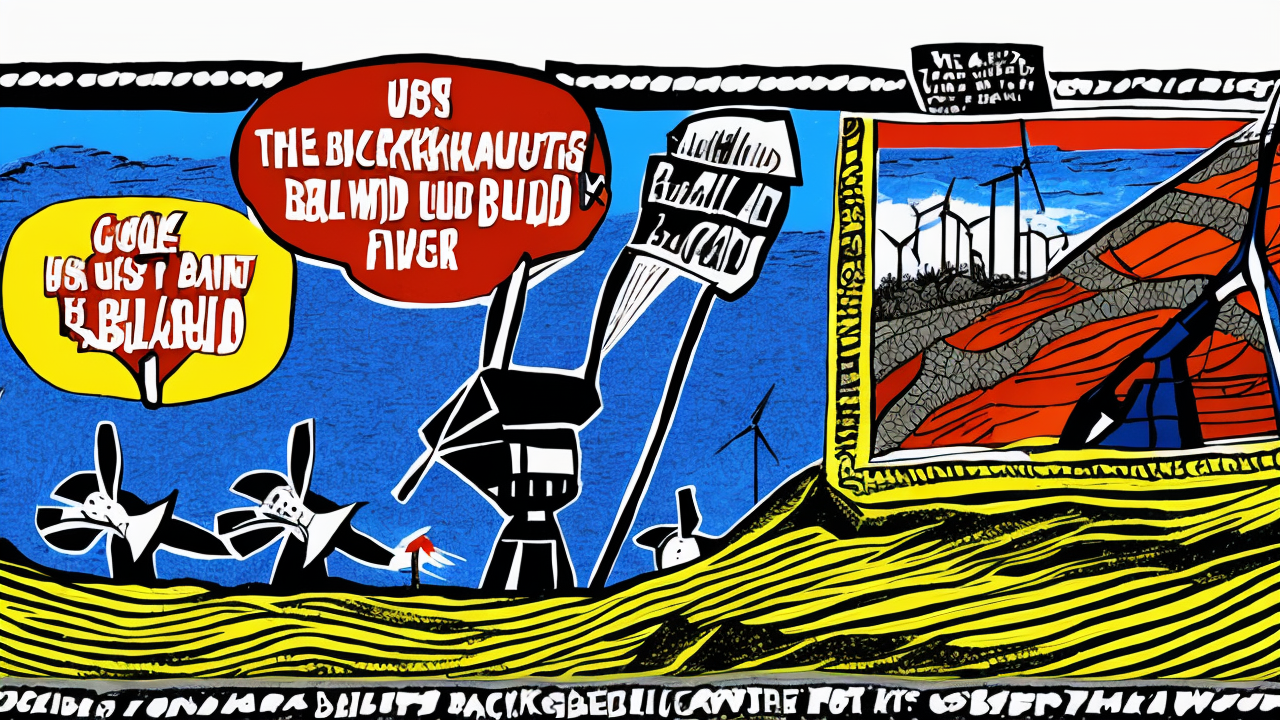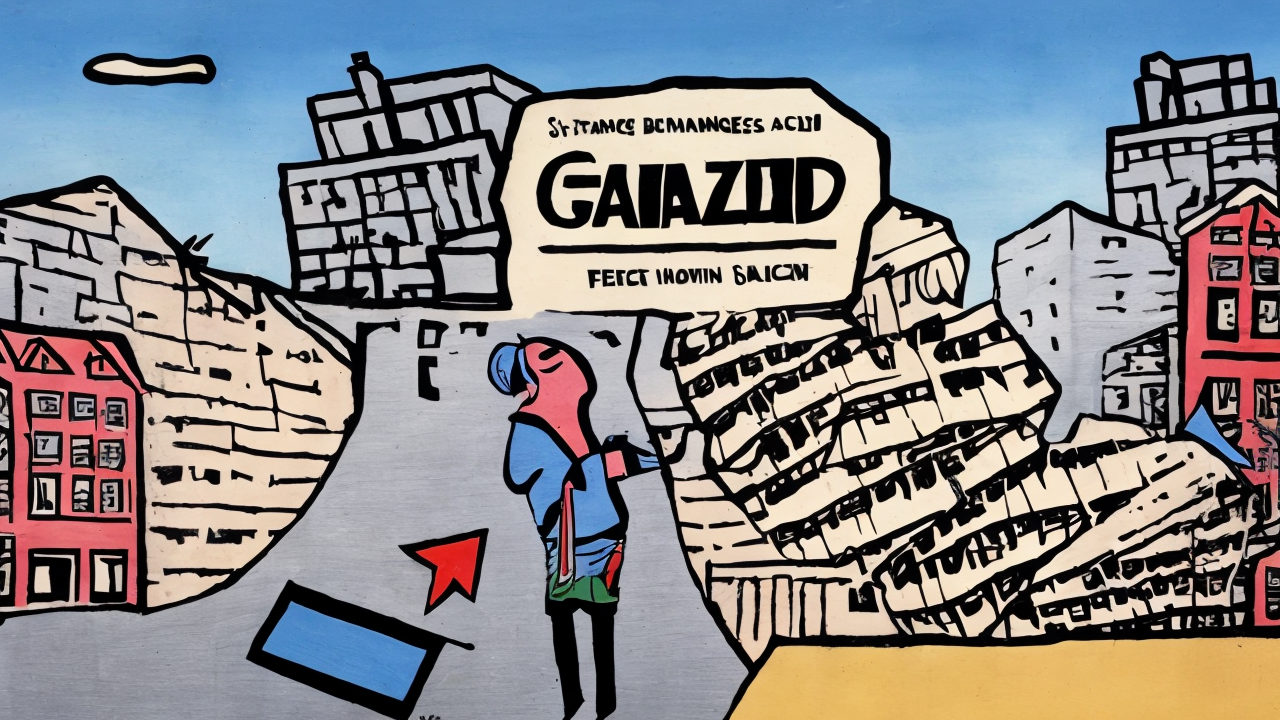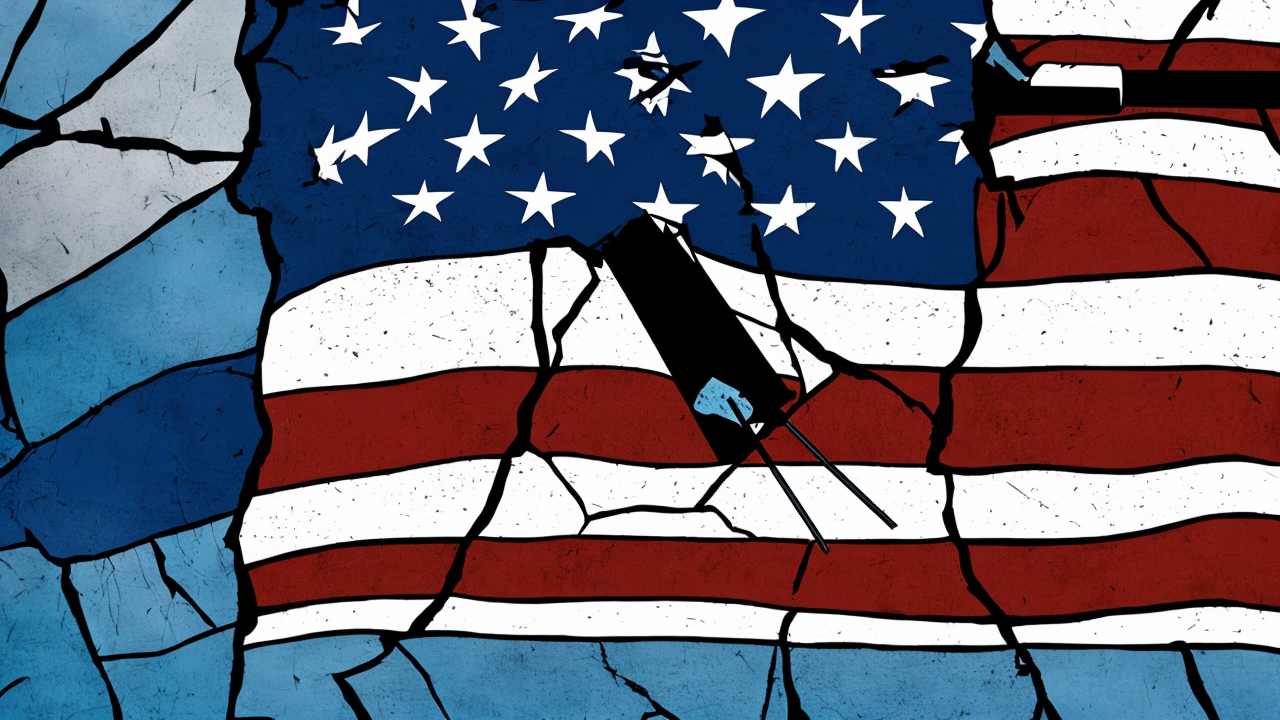Supreme Court Upholds Trump’s Authority to Withhold $4B in Foreign Aid

In a landmark decision, the Supreme Court has upheld President Donald Trump’s authority to withhold $4 billion in foreign aid—funds that Congress had previously appropriated. This ruling, while limited in legal scope, carries wide-reaching implications for how the federal government manages its resources and maintains accountability in a time of growing political polarization.
At its heart, this decision is not about partisan power struggles. It is about how government should function when entrusted with the nation’s resources. The Constitution gives Congress the power to control spending, but it also requires the President to “take Care that the Laws be faithfully executed.” When funds are directed toward purposes that conflict with American values or threaten regional stability, the executive branch has both a moral and constitutional duty to respond.
The practice at issue—known as “pocket rescission”—allows the President to delay disbursing funds without needing congressional approval. This is not a new tool. Presidents from both major parties have used it in the past. What makes this case different is that the Court recognized the President’s right to use it when Congress fails to act responsibly or in a timely manner.
In this instance, the delay was not due to oversight. It was the result of a deliberate political strategy that risked directing taxpayer money toward foreign policies at odds with national security and moral clarity. The Court’s decision affirms that such delays can be justified when Congress fails to fulfill its constitutional role.
This ruling highlights a crucial truth: government should not be paralyzed by gridlock. When Congress fails to oversee spending or act decisively on matters of national importance, the executive branch must step in. This is not an overreach. It is a necessary safeguard. A government that cannot act when needed becomes ineffective—and ultimately, it fails the people it is meant to serve.
The decision also clarifies that executive discretion is not inherently dangerous. In fact, it is essential when legislative bodies are unable or unwilling to carry out their duties. The ability to withhold funds from programs that do not align with national priorities—whether in foreign aid, domestic spending, or regulation—ensures that taxpayer dollars are not wasted on policies that harm the common good.
Some critics warn of executive overreach. Yet accountability remains intact. The President does not have unlimited power. He still operates within the bounds of law, constitutional limits, and public scrutiny. Congress retains the authority to override a withholding by passing a new appropriation or enacting legislation to force disbursement. The real risk is not executive action, but legislative inaction.
Beyond immediate legal implications, this decision marks a shift toward more responsible management of federal funds. As the government nears the September 30 fiscal deadline, it may encourage Congress to approach budgeting with greater care and principle. If Congress wants to maintain its authority over spending, it must do so with seriousness and purpose—not as a tool for political leverage, but as a stewardship of public trust.
This is not about expanding presidential power. It is about restoring balance. A strong executive branch, properly checked and balanced, does not threaten democracy. It protects it. When laws are ignored, when funds are misused, and when national priorities are neglected, the system breaks down.
This moment calls for a renewed commitment to governance that honors the Constitution and responds to the needs of the people. The Supreme Court’s decision affirms that leadership must be exercised with wisdom, courage, and a deep sense of duty. When the system fails, those in power must be ready to act—not for personal gain, but for the common good.
Published: 9/29/2025








